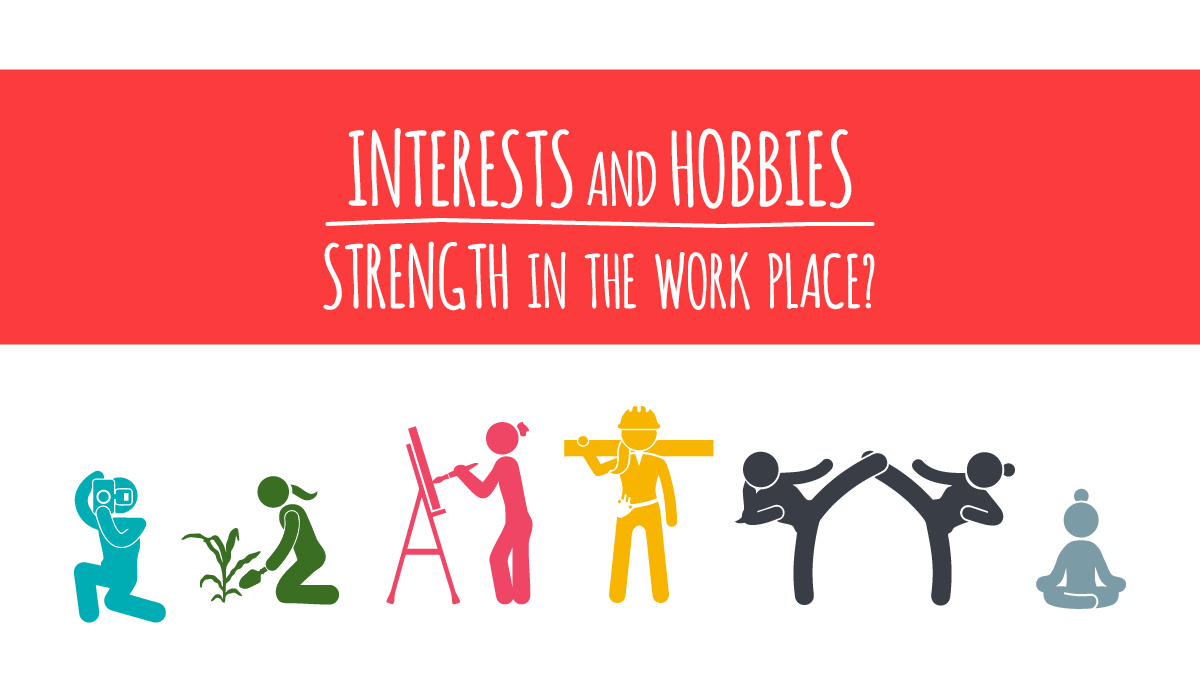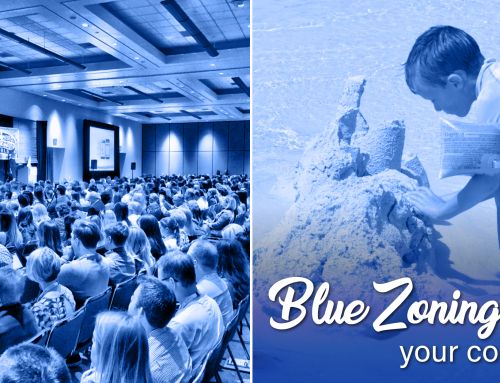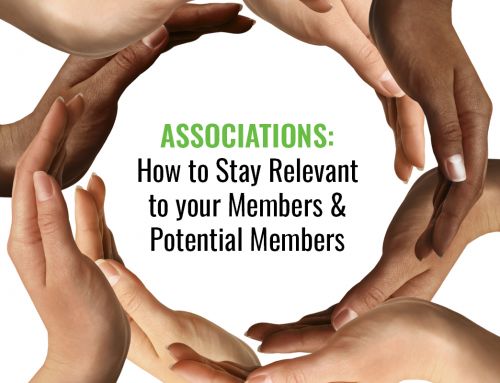What makes a good leader? Drive? Focus? Compassion? My first foray into managing people was more than 20 years ago. At the time, I was barely 22 years old and was asked to facilitate a staff merger between two small organizations and then to lead the new staff as the manager. EVERYONE that I was going to be supervising was older than me (most by several decades) and I was definitely intimidated.
Looking back, this was a baptism by fire into leadership. Now that I am older (and wiser), I’ve begun looking back on experiences like this and contemplating some of the lessons I’ve learned. Specifically, have any of my core beliefs about leadership changed over the years? Yes and no. My core personal beliefs have remained relatively unchanged – empower employees to do what they are already good at and encourage innovation and education to improve, treat everyone with respect, schedule flexibility is a must (from both the employer and employee perspective), etc. But one aspect of my work beliefs has shifted in the last few decades – my desire to keep my outside (non-work) interests separate from my work life.
At 22, I thought that in order to “show” that I was qualified for the job, I could only show my business side to employees, bosses and later clients. My then, naïve 20-year-old self, thought this approach would make me look more focused and thereby compensate for my young age and inexperience. Today, while I don’t flaunt my outside interests, I am not shy about sharing them. You might even say I am passionate about some of them. What might they add to my leadership? Everything!
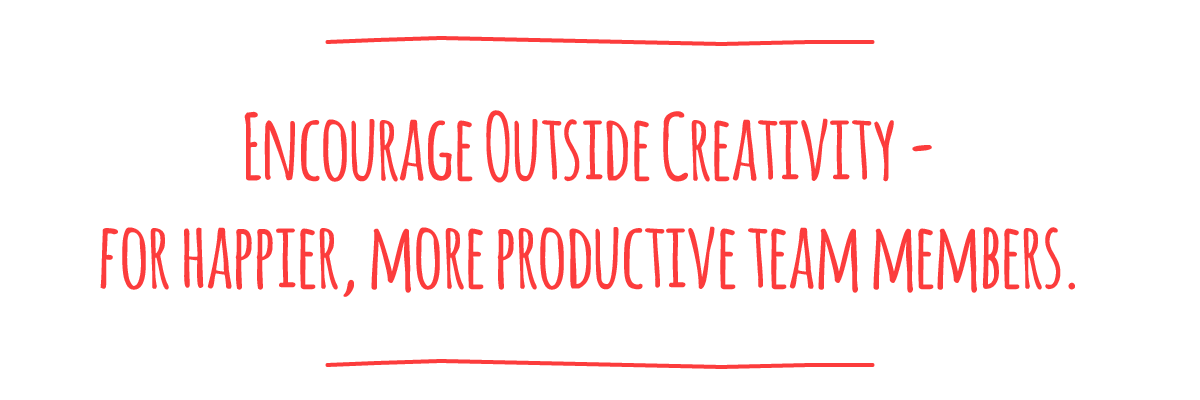
Research by a team of psychologists led by Kevin Eschleman of San Francisco State University has backed up what my personal experience has shown me; outside interests and hobbies stimulate my thinking and problem-solving skills. His team surveyed 341 people employed in a variety of jobs, asking them about their creative pursuits outside of work. In fact, respondents who said they engaged fairly often in a creative activity scored 15% to 30% higher on performance rankings than those who only occasionally engaged in creative activities. Hobbies encourage me to look at things from different angles and they expose me to people that I wouldn’t normally interact with. A few times, an unplanned conversation with someone outside of work has given me just the shift in perspective I needed to solve a pressing problem.
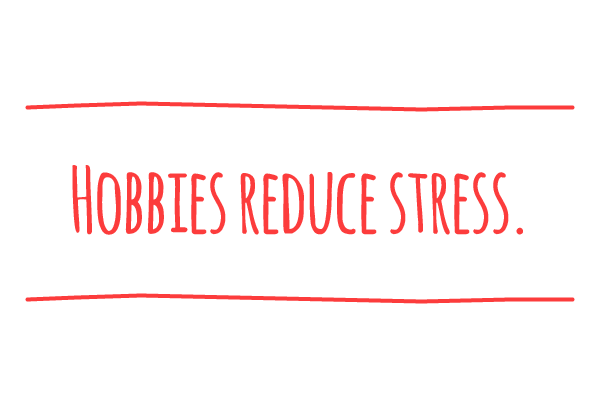
Additional research has shown that hobbies can also reduce stress. While some of my interests over the years could be classified as stressful (flying or construction), they have allowed me to shift my focus for brief periods of time. Being able to turn off the work worries and give my attention to something else provides the opportunity to “let go of the stress”.
Takeaways? As a leader, set aside time to learn something new or revisit a past interest. But just as important, encourage your employees to do the same! I am continually impressed by the outside interests that we have at Meetings Northwest. On staff we have black belt taekwondo practitioners, talented photographers, master gardeners, teachers, artists and more. Their experience and knowledge not only enriches my life, but benefits our work.
About the author:
Traci Ulberg, CMP actively chose to base her business (and life) in the beautiful state of Montana. It is here that she has found not only a talented pool of professionals, but also the post-work activities that help maintain a healthy life balance. She enjoys all things outdoors with her husband and three children. She also harbors a secret love for building and is known for lending a hand to friends and family that have framing, roofing, and wiring projects. No fear of heights here!


